A JP reader submitted the following question:
In Matthew 24, Jesus says that when the residents of Judea see the abomination of desolation standing in the holy place, they should flee to the mountains and pray that their flight not be in the winter or on a Sabbath (verse 20). I can understand “winter,” but why did Jesus say that they should pray that their flight not be on a “Sabbath”?
Shmuel Safrai responded:
The biblical prohibition against working on the Sabbath, as interpreted by the rabbis, included carrying burdens (Mishnah, Shabbat 7:2). If one had to flee on the Sabbath one would be forced to leave behind nearly all of one’s possessions. One would not be permitted to take any money, would be allowed to carry only enough food for three meals and a maximum of eighteen different pieces of clothing (Mishnah, Shabbat 16:2, 4).
To illustrate the severity of this prohibition, if a man’s house caught fire on the Sabbath, he was not allowed to carry water to put out the fire and he could save only enough food from the house for three meals. Compare the story recorded in Tosefta, Shabbat 13:9 about the fire that broke out on the Sabbath in the courtyard of Joseph ben Sammai, who lived in the Lower Galilee. Not only would he not extinguish the fire, but he was so strict in his observance of the commandments that he would not allow the soldiers of a nearby Roman army camp to put out the blaze even though they had come at their own initiative and thus were not in violation of Jewish law. (See my JP aricle “The Centurion and the Synagogue.”)
To read more New Testament insights from professor Shmuel Safrai on Jerusalem Perspective, click here.
And check out these recent JP articles:
- Musings on the Magi: What Theological Lessons Can Be Drawn from Matthew’s Infancy Narrative?The theological lessons of the magi story are complex and nuanced. They require balance and wisdom, and they stretch us beyond what we may feel is practical or reasonable to achieve. But what good is theology if it does not aspire to a vision of a better world?
- Mary and IsraelMary, the mother of Jesus, must be seen in the context of Jewish suffering.
- A Jerusalem Perspective on the MagiA new collection of articles on Matthew’s narrative of the magi. Available 7 December 2025!
- The Star of Bethlehem: An Astronomical PerspectiveCan astronomy help us to identify the “star” the magi followed to Bethlehem?
- The Narrative of the Magi: Some Notes from a Jewish PerspectiveWhat purpose does Matthew’s choice of the title “magi” serve when he used this term to describe the bearers of the messianic tidings?
- Wise Men or Stooges: Who Were Matthew’s Magi?Matthew’s magi reprise the role of the wizards of Egypt in the Joseph and Moses narratives, but with a surprising twist.
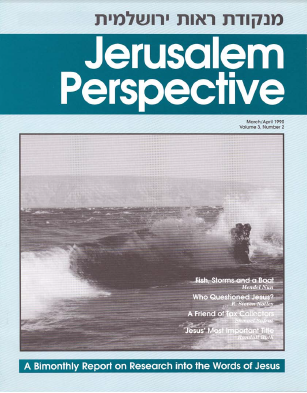


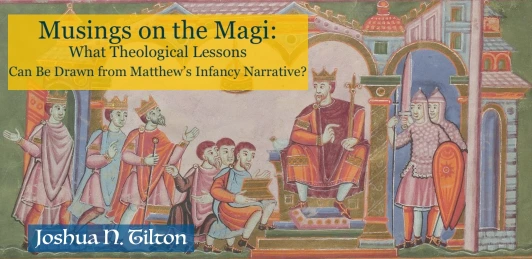
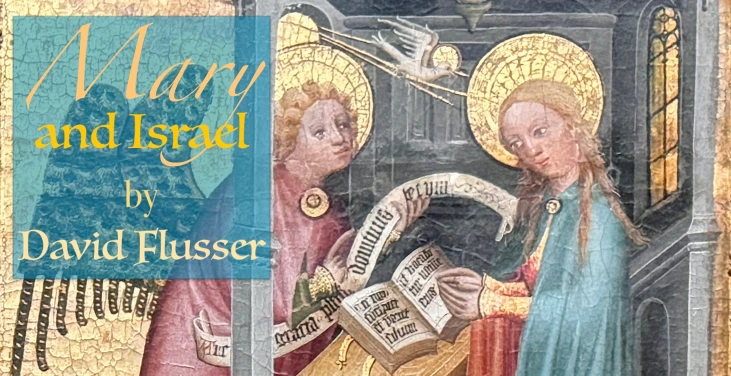

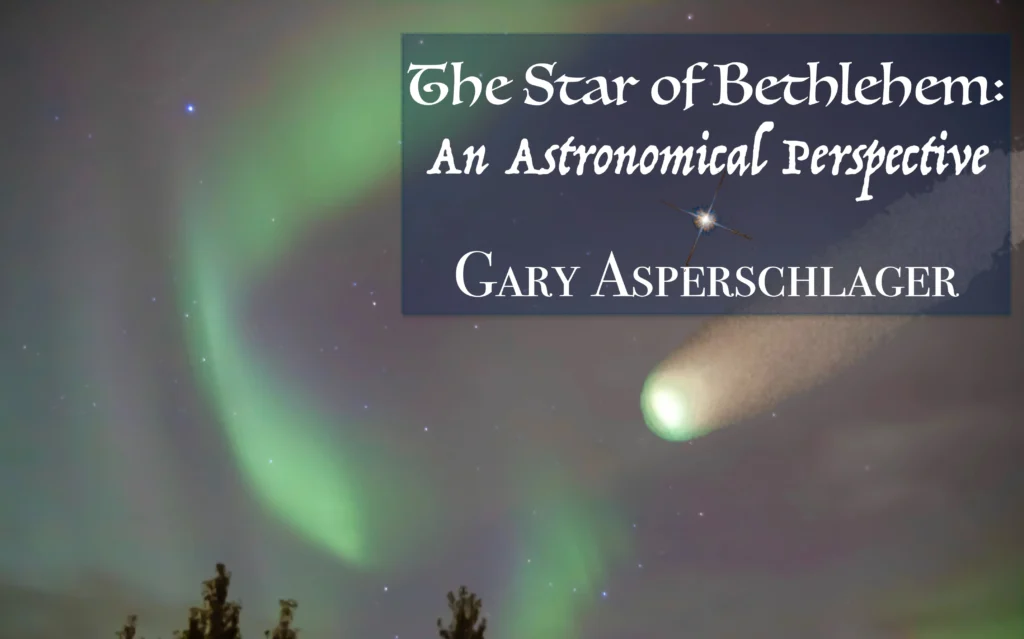
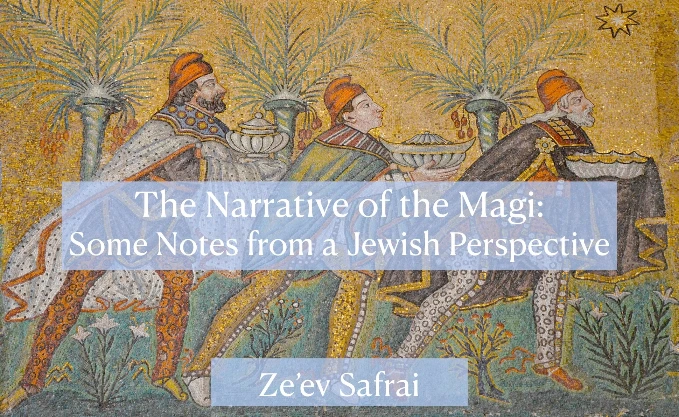
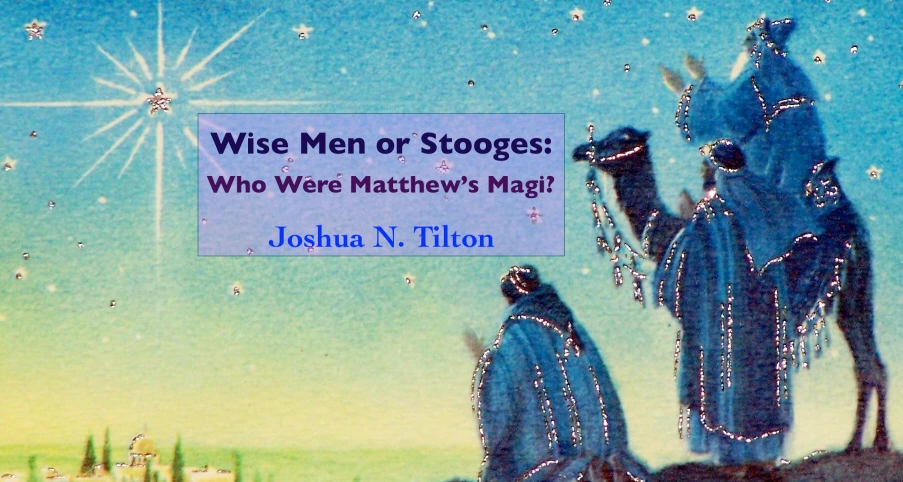
![Shmuel Safrai [1919-2003]](https://www.jerusalemperspective.com/wp-content/uploads/userphoto/20.jpg)
